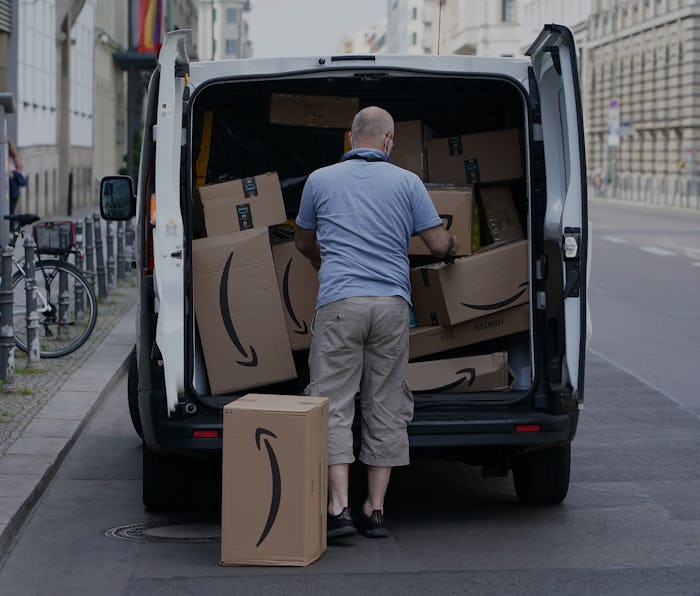Culture
Amazon plans to expand its garage-entry delivery service
Helpful as it may be, Amazon's record does not inspire confidence.

Amazon is attempting to expand its in-garage delivery program for Prime users, according to Bloomberg on Thursday. The company's smart door program, myQ, was initially limited to a few dozen cities in the United States but now it could go live for thousands. The announcement comes during the COVID-19 pandemic with growing concerns about contracting the virus from external sources.
Previously, Amazon's myQ garage door opening option was available to people in 50 cities in the United States, including Chicago, San Francisco, Los Angeles, Seattle, and other densely populated areas. Now that it goes live for 4,000 cities, Amazon users will have the option to allow delivery drivers into their garages.
How does it work? — According to Amazon, mQ delivery works with a one-time code given to the delivery driver. This code allows the delivery worker to gain access to the garage with the user's permission. The idea is to cut down on package theft but also fight back COVID-19 transmission during the pandemic. Amazon's myQ is free for Prime members and there's a $30 credit after a user's first in-garage delivery. The users get notifications about their deliveries from the myQ app alongside real-time photo updates of deliveries being placed in their garages. All one needs is a myQ account and smart key.
Initially, the retailer launched the option in 2017 with people relying on smart front door locks to let drivers in and place the packages. Of course, the company has tried to encourage people to also equip their front doors as well as garage entries with its Ring cameras. With myQ, Amazon will let users get their products from Amazon Fresh or Whole Food Market and other places for deliveries.
Let's talk about public confidence — While it is beneficial to limit person-to-person contact during this raging pandemic, Amazon's track record with regards to privacy and worker safety does not inspire the kind of confidence that would spark instant consumer interest or faith.
It would not be wrong to predict a good deal of suspicion from people who don't necessarily want Amazon to have access to their garage doors. As it stands, the company already is hounded by accusations of data collection, no safety for workers, unfair competition practices, and invading people's privacy with little to no safeguards in place. With that kind of reputation, you might not want to give garage access to the company.